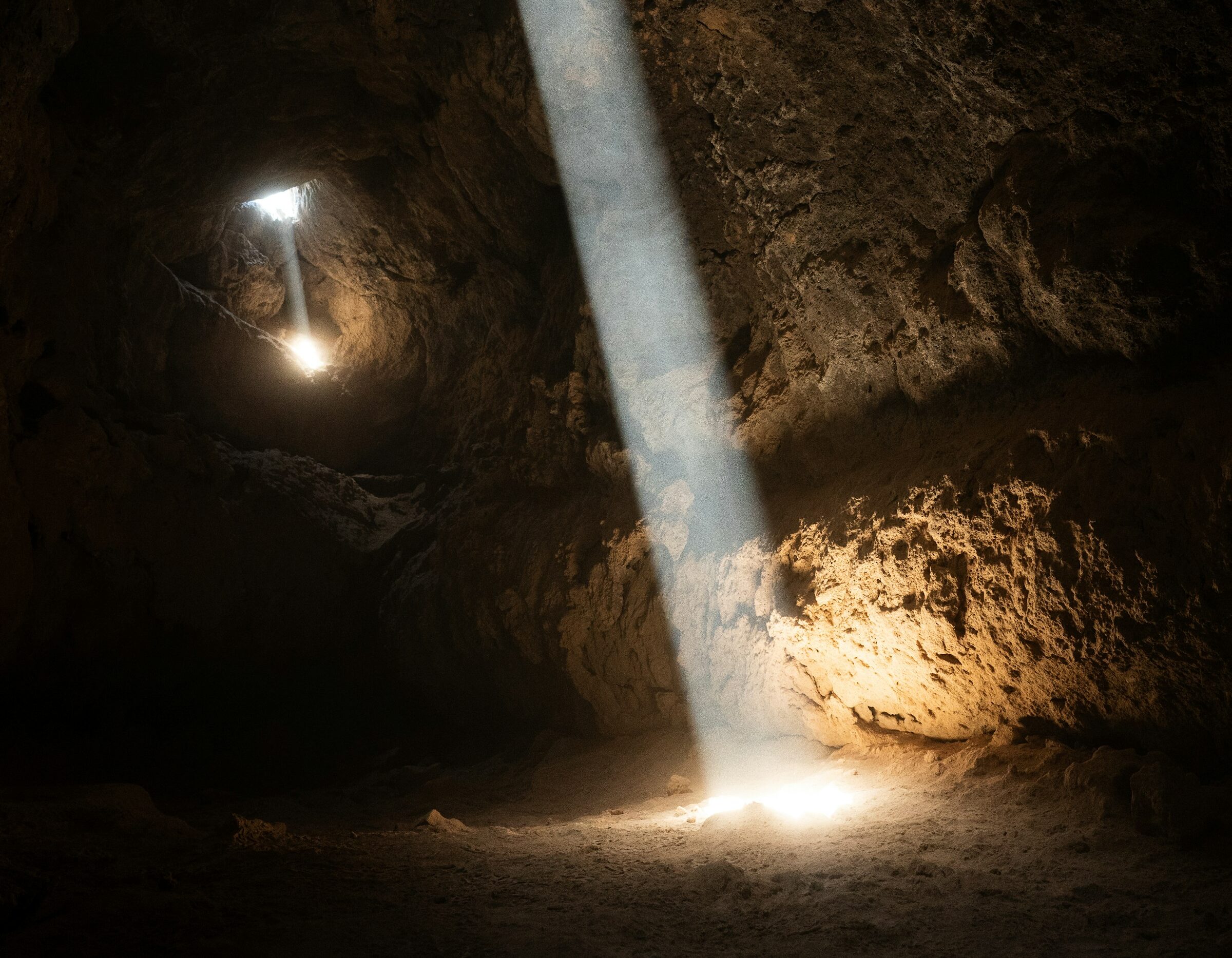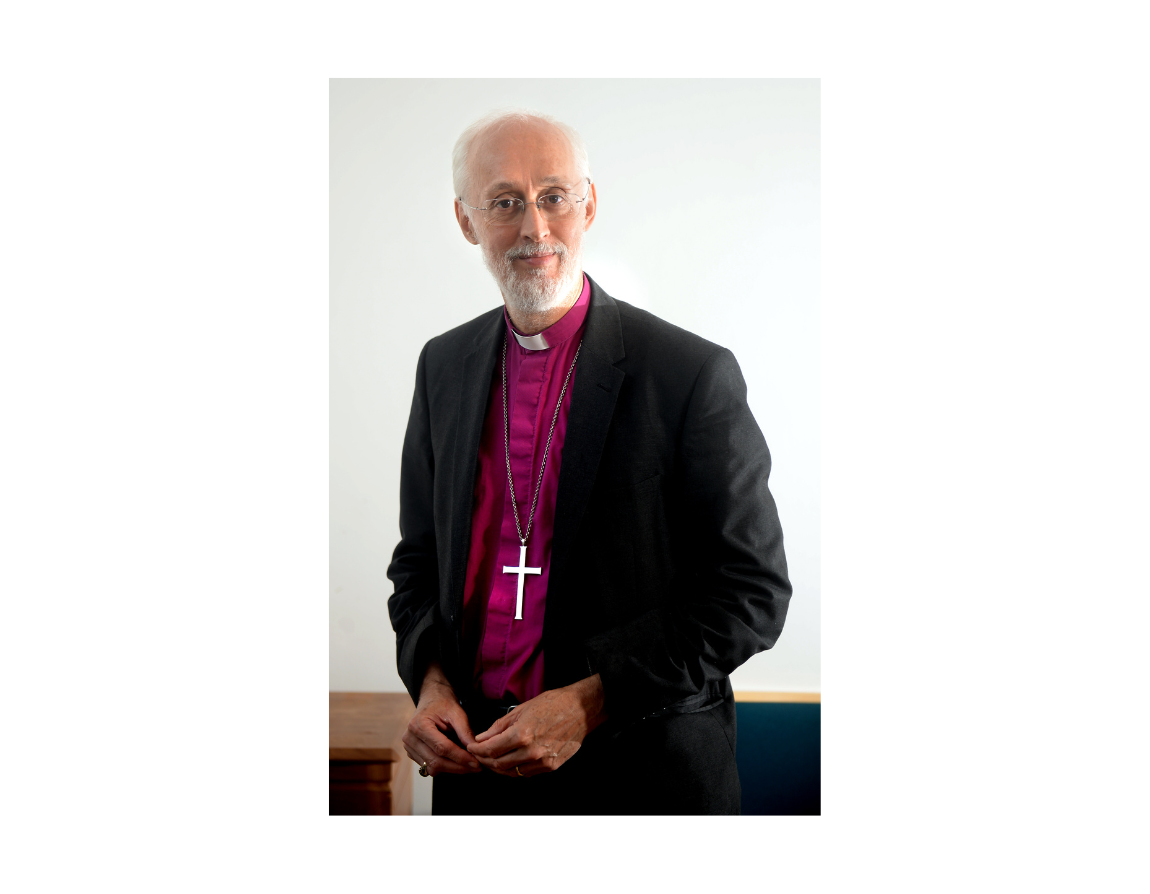The first of a new series highlighting the riches and range of our Bible reading notes. The following is taken from David Walker’s reflections on ‘Silence’ for 1–11 May 2024.
14 April 2024
Silence
Early in Jesus’ ministry, after a long and hectic day of teaching and healing, his disciples wake up the next morning and discover him gone. Eventually, he is tracked down to a quiet and lonely spot, where he has gone to be close to God. That pattern of balancing silence with the demands of a busy life has always meant a great deal to me. When I became a Franciscan tertiary in 1991, I pledged to follow Jesus after the example of St Francis of Assisi, a man who likewise combined a busy life of service and travel with extended periods of retreat and silence. In my prayer life, I have come to value both silent times at home with God and the use of silence in church services. Indeed, there is something that touches me deeply in the companionable silence of a crowd of worshippers.

I pledged to follow Jesus after the example of St Francis of Assisi, who combined a busy life of service and travel with extended periods of retreat and silence.
A broad and nuanced concept
Silence, freely chosen, can be deeply restorative. But both my life experiences and my reflections on the Bible have taught me to see silence as a much broader and more nuanced concept. Sometimes we have to hold our tongues in order to allow others space to speak. Beyond that, we may need to discipline ourselves to listen to what they are saying, rather than be preparing our own next comments. Nor is silence always positive. Remaining silent in the face of injustice and deliberately silencing the voices of victims are often powerful instruments of oppression and abuse.
Scripture speaks too of God’s silence, a silence that Jesus experiences on the cross. Earlier, the psalmists plead with God to break his silence, beseeching Israel’s Lord to intervene, so that the righteous can receive vindication and the wicked be punished. Our faith needs a basis for understanding why such divine silence is not a sign of God’s absence or lack of care for his people.

Our faith needs a basis for understanding why such divine silence is not a sign of God’s absence or lack of care for his people.
God made known in silence
‘Go out and stand on the mountain before the Lord, for the Lord is about to pass by.’ Now there was a great wind, so strong that it was splitting mountains and breaking rocks in pieces before the Lord, but the Lord was not in the wind, and after the wind an earthquake, but the Lord was not in the earthquake, and after the earthquake a fire, but the Lord was not in the fire, and after the fire a sound of sheer silence. When Elijah heard it, he wrapped his face in his mantle and went out and stood at the entrance of the cave. Then there came a voice to him that said, ‘What are you doing here, Elijah?’
1 Kings 19:11–13 (NRSV)
In olden times, the presence of a divine being was often signified by powerful physical phenomena. Think of the Norse god Thor throwing thunderbolts or the attribution of storms to warring factions among the Roman or Greek deities. Israel’s own God has earlier been revealed to Moses in a burning bush. At this stage in Elijah’s life, he is beginning to despair that he is the only one left who has not succumbed to the worship of false gods. He needs a powerful god, one who can uphold him in the face of overwhelming odds. So, when God tells him to stand on the mountain, he is expecting something along the lines of the wind, earthquake and fire that ensue. What surprises Elijah is that God himself is in none of these. Instead, ‘The Lord’ is present in ‘a sound of sheer silence’ (v. 12). Only after this does God speak.
Finding God in silence stands at the core of the spiritual lives of many Christians. Not least when, like Elijah, we fear being overwhelmed by the noisiness, busyness, aggression and opposition of the world around us. In silence we sense the God who loves us and delights in us and who has much more to offer us than mere sound and fury.


